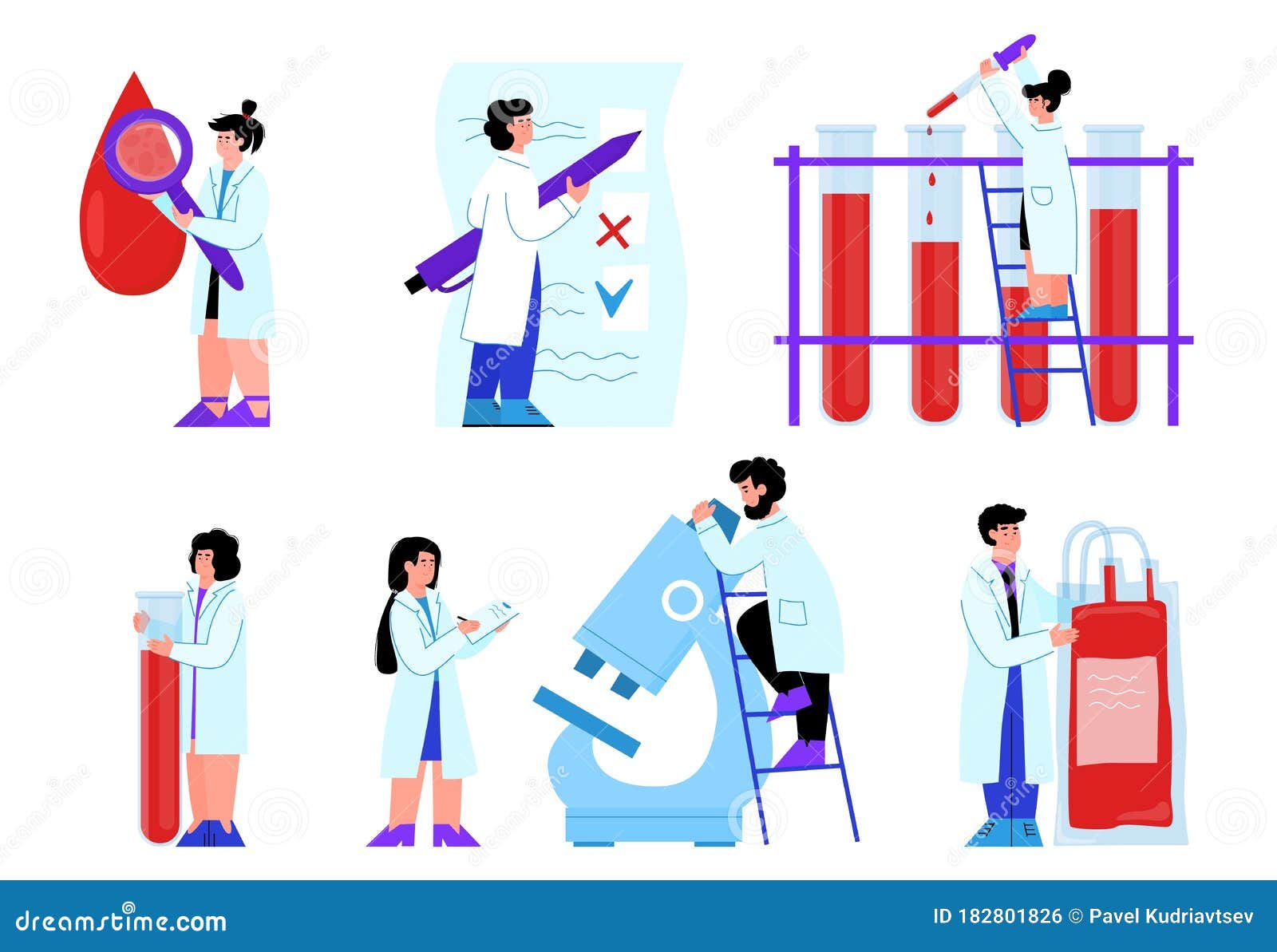How Pet Labs Ensure the Safety and Wellness of Pets
How Pet Labs Ensure the Safety and Wellness of Pets
Blog Article
Companion animals are invaluable, and ensuring their well-being is a responsibility. Animal diagnostic centers are invaluable resources in guiding treatment plans for dogs, cats, and other pets.
In this guide, we’ll examine why pet diagnostics are vital and show how labs work with vets.
What Are Veterinary Labs?
Animal health testing facilities offer diagnostic solutions for testing biological materials. Veterinary professionals use these labs to tailor care to the pet’s needs.

How it works usually includes:
- Preparing samples for testing: Biological materials are gathered during visits.
- Testing procedures: Technicians and machines deliver diagnostic insights.
- Providing actionable data: Vets review the reports for your pet’s benefit.
Essential Tests in Veterinary Labs
Veterinary labs offer many tests to detect illnesses early. Popular tests include:
- Blood analysis: Monitor immune responses.
- Urine testing: Ensure bladder health.
- Stool testing: Identify digestive disorders.
- Sensitivity screens: Improve coat health.
- X-rays and ultrasounds: Evaluate bone and joint health.
laboratorio exame veterinario
Why Diagnostic Exams Are Essential
Ongoing evaluations ensures better outcomes. By identifying issues early, your pets stay healthier longer.

The importance of routine exams include:
- Improved health outcomes: Chronic issues are managed.
- Preventative care advantages: Prevention saves money in the long run.
- Peace of mind: You’ll know they’re thriving.
Why Testing Matters for Dogs and Cats
Pet health labs help pets live long, healthy lives. By scheduling routine tests, you catch issues early.
Make pet health a priority and keep them healthy and thriving!
Report this page